The Guam Board of Allied Health Examiners is looking into the legitimacy of “doctoral” credentials held by an acupuncturist amid concerns over emerging dual-degree programs.
At Friday’s board meeting, board members debated whether the title “doctor” is appropriate for an acupuncturist who graduated from newer combined master’s and doctoral programs.
The focus centered on Hiroshi Ishii-Adajar’s credentials, with questions raised about discrepancies in his coursework, units, and clinical hours.
Board member Richard Chong challenged the validity of Ishii-Adajar’s doctorate, pointing to his transcript.
“When I carefully reviewed his transcript from the college, he only took a master course,” Chong said. “It doesn’t indicate there’s a course for the doctorate program. Unit is 260, the hour is 106. 140 hours for the master degree of acupuncture, oriental medicine.”
Chong further questioned how the program met doctoral standards.
He recommended the board to “further investigate the doctorate degree.”
“Each unit is only 198, and 50 units. The hour is 3,579 hours. So I’m very curious about how you get a doctor degree sometimes, or the master degree,” Chong said. “When I studied for a Master Degree in California, I studied for four years and another PhD for four years. It takes me eight years to study, but you only study three and half years for the master degree and doctorate degree.”
Ishii-Adajar said his dual-degree program is relatively new and offered nationwide, including California.
“And so I was able to get both a master’s and a doctorate degree, and it is listed on my transcript. There’s two degrees listed, so there’s a master’s and a doctorate degree,” he said.
He added the program had evolved to meet doctoral standards.
“In the past, it was only considered a master’s degree because of the way it was set up. But then in the last few years, the acupuncture organizations found a way to add a few more classes so that it meets the requirement for being called a doctoral program, And so that’s why it’s a dual degree program, where it’s basically like Dr. Chong said, it’s basically the Masters with a few extra classes, and that qualifies it for the title of doctor,” Ishii-Adajar said.
He acknowledged the frustration among acupuncturists who pursued traditional paths.
“I totally understand his concern. Many acupuncturists who did do the full eight years to do the masters and then a doctoral degree of oriental medicine or other program,” he said. “They’re quite annoyed, rightfully so, that now people can get the doctoral degree just by doing, basically a little extra on top of the master’s program.”
He also expressed willingness to forgo the title if the board required it.
When asked about documentation, Ishii-Adajar said he submitted diplomas for both degrees.
Legal questions arose regarding the definition of a PhD under Guam law. Another board member asked if there are specific hour or time requirements defining a PhD.
The board discussed whether the designation of a degree as a PhD by an accredited institution is sufficient if the board’s regulations do not define PhD criteria clearly. They emphasized that acceptance of credentials must be based on established standards.
Ishii-Adajar clarified his degree is not a PhD.
“It’s a doctorate of traditional Chinese medicine. It’s what it should say on the diploma. So it’s not...a PhD.”
Board staff confirmed his credentials include a Master of Traditional Chinese Medicine issued in April 2023 and a Doctor of Traditional Chinese Medicine issued the same month.
“The wording of this diploma, it says doctor of Chinese medicine. It doesn’t say PhD. Our rules and regulations, which is what I’ve been getting at, say PhD,” board member Gregory Miller said.
Chong remained doubtful of the program’s structure.
“In California in order to take a doctorate degree, it has to take the master degree first, then take the doctorate degree for a PhD degree,” he said. “But he had like, same time. And the way you’re studying the program is only master group programs or hours and creating units.”
Board members debated whether different doctorate titles carry different meanings or if distinctions are only semantic.
The conversation shifted toward whether acupuncture doctorates qualify holders to use the “doctor” title under Guam law.
Board Chairwoman Mamie Campbell Balajadia recommended formal documentation from Ishii-Adajar for further review.
“I was going to suggest to Dr. Hiroshi to write down what he explained to us just today, and go from there,” she said. “So Dr. Chong can take a look at that again and look at, come to the office here and look at your record.”
Miller proposed a broader policy review.
“I think it’s going to be above it to the board to try to figure out a threshold level of units and classes that can be taken and graduated from to use the title doctor,” he said. “Because it appears that all these schools are starting to pop up, and you can get a master’s alongside a doctor, which, to me, is not a doctor at all, even if it’s just a few classes.”
The board agreed to continue reviewing the case after receiving Ishii-Adajar’s written statement.

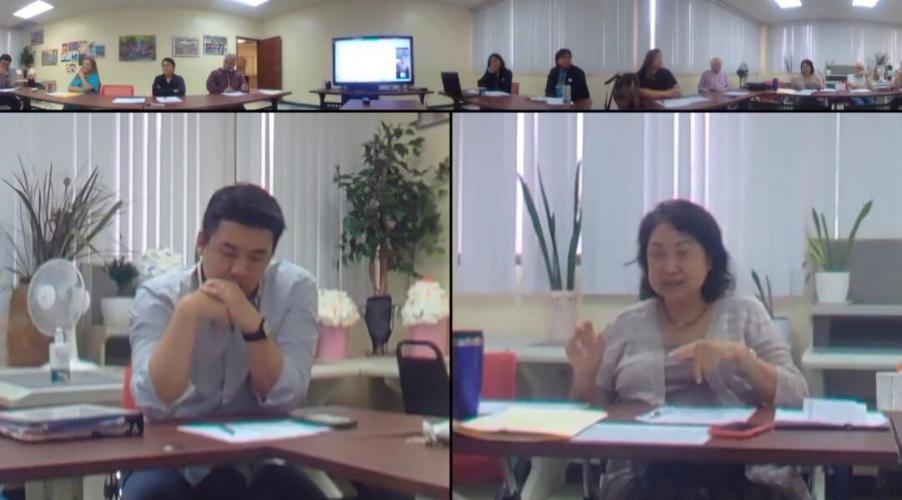
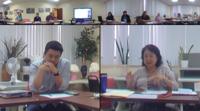
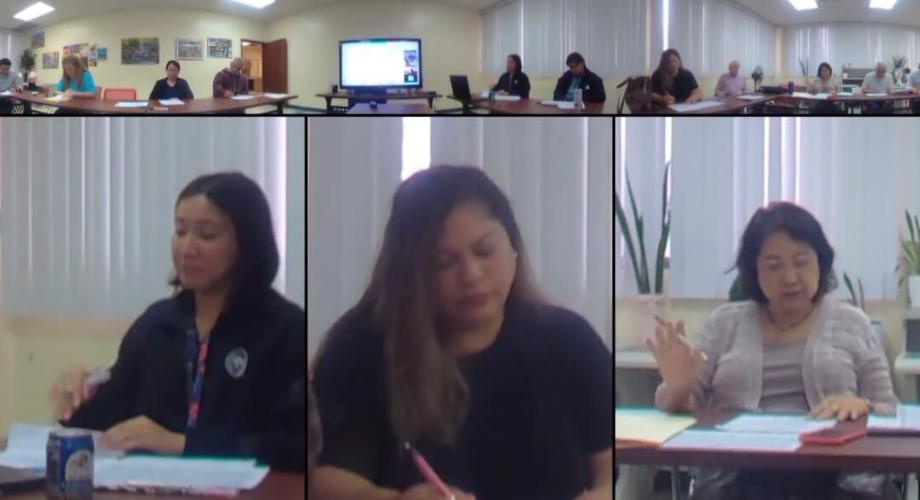
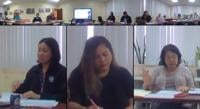



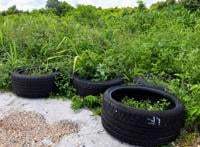

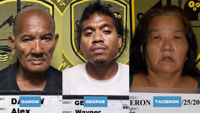

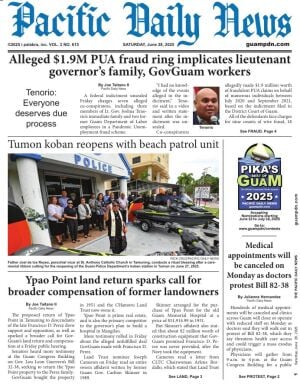




(1) comment
Now do the same with chiropractors.
Welcome to the discussion.
Log In
Keep it Clean. Please avoid obscene, vulgar, lewd, racist or sexually-oriented language.
PLEASE TURN OFF YOUR CAPS LOCK.
Don't Threaten. Threats of harming another person will not be tolerated.
Be Truthful. Don't knowingly lie about anyone or anything.
Be Nice. No racism, sexism or any sort of -ism that is degrading to another person.
Be Proactive. Use the 'Report' link on each comment to let us know of abusive posts.
Share with Us. We'd love to hear eyewitness accounts, the history behind an article.